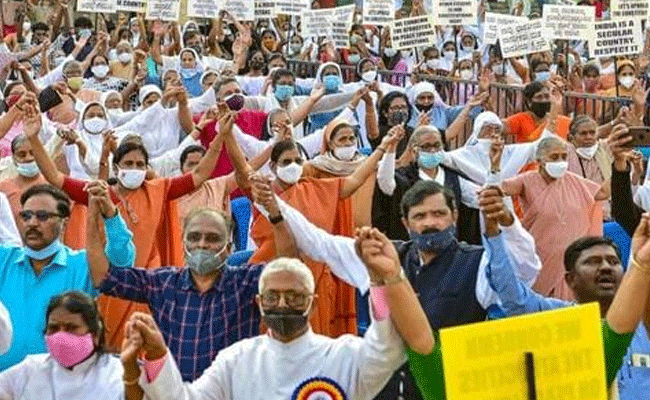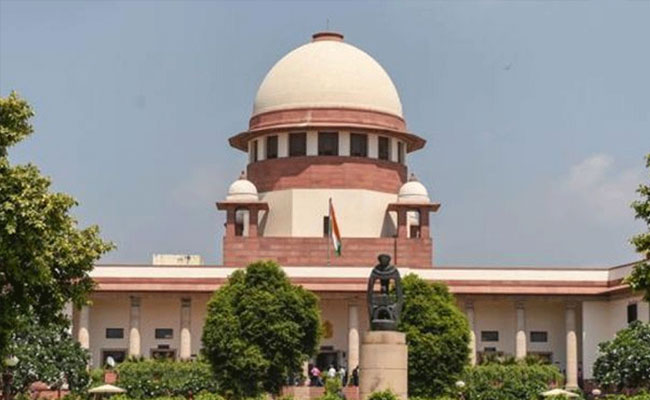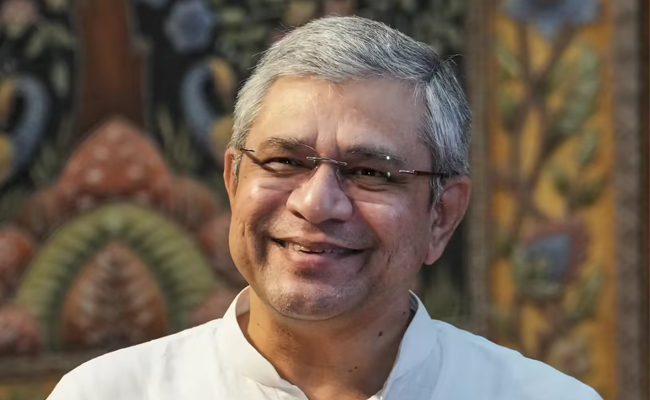New Delhi: A survey conducted by the United Christian Forum (UCF) has concluded that the violence against Christians in India peaked in the year 2022. The survey has also revealed most cases of this violence were reported in Uttar Pradesh and Tamil Nadu.
According to the findings released on November 26, until November 21 this year, there were about 511 cases of violence that were reported against the Christians in the country. The numbers are slightly more than the 505 cases of violence against the community that were reported in 2021.
The report is based on the information collected by the UCF helpline, a toll-free number that was launched in January 2015 to help victims get access to legal remedies. The report has also compiled incidents that include disruption of prayers, attacks on Christians, pastors, and their kin as well as vandalization of churches.
A closer look into the findings of the UCF in the last five years shows that cases of violence against Christians are on the rise. While the number of cases in 2018 were plugged at 292, it went up to 328 in 2019. In 2020 the numbers saw a slight dip as 279 cases were reported during the COVID-imposed lockdown, the number nearly doubled up in 2021 when the country reported 505 cases followed by 511 in 2022 with one month to spare.
September reported the highest number of instances of violence against Christians this year (64). May also recorded 61 such cases.
Among the states with highest number of cases was Uttar Pradesh, with 149 cases this year followed by Chhattisgarh with 115 incidents, and Jharkhand with 48. Among the states that recorded the lowest number of such instances was Jammy Kashmir where only one case of violence against Christians was reported. Chandigarh had only one case in five years, the incident being recorded in 2019.
Among the Northeastern states, Meghalaya and Tripura had one incident each of such violence, while Assam had two.
The survey on South Indian states showed Karnataka and Tamil Nadu recording 30 incidents of violence against Christians each. In contrast, Kerala and Puducherry had no cases of attack on Christians.
This year, Andhra Pradesh had six cases, and Telangana had four. The survey showed that except in 2019, when it recorded 19 such cases, Andhra Pradesh recorded single-digit incidents in the five-year span. There were five attacks on Christians in Andhra Pradesh in 2018, eight in 2020, and six in 2022.
Telangana witnessed a fall in attack cases, from 19 in 2018 and 18 in 2019 to six, three, and four in 2020, 2021, and 2022, respectively, as per the UCF survey.
Tamil Nadu recorded 227 such cases between 2014 and 2022, with the Kongu region reporting 117 cases, which is nearly half the number of incidents of attacks on Christians. Also, while there were 48 attacks in 2018, the highest number recorded was in 2019, at 56. There were 17 and 21 cases in 2020 and 2021, respectively.
There were only three incidents of violence against Christians in Kerala in the last five years – one in 2018, and two in 2019.
Karnataka witnessed a decline in violence against Christians this year, with 30, as compared to 2021, when the state had 62 cases, which is also the highest in the South Indian states. In five years, the state had eight cases in 2018, 27 in 2019, and 16 in 2020, respectively.
Cases of such violence rose greatly in Karnataka during Christmas in 2021. A group of Hindutva vigilantes forced themselves into a Dalit household in Tumakuru to stop them from celebrating the festival. The next day, another group attacked a Dalit family in the Tukkanatti village of Belagavi, after accusing them of converting their neighbors to Christianity.
Let the Truth be known. If you read VB and like VB, please be a VB Supporter and Help us deliver the Truth to one and all.
Paradip (Odisha) (PTI): A 23-year-old woman was raped twice in a day in separate places by her boyfriend and a stranger offering help and then thrown off a four-storey building, leading to her death, in Odisha's Jagatsinghpur district, police said on Friday.
Police arrested both the accused and booked them under various sections of BNS for kidnapping, rape and murder.
"The incident took place on February 22 after the woman left her house with plans to elope with her boyfriend, who had asked her to come to a temple by promising to marry her. However, he took her to a secluded place, raped her and abandoned her at Rahama bus stand," Jagatsinghpur Superintendent of Police Ankit Kumar Verma told reporters.
As the victim was waiting at the bus stand, another man hailing from Jharkhand, who was heading to nearby Paradip on his motorcycle, saw the hapless woman and offered help.
He, however, took her to the roof of his rented accommodation at a place in Paradip town and raped her again, the SP said.
The accused then threw the woman from the roof of the building, leading to her death, he said, adding her body was found the next morning.
The SP said the victim's brother lodged a complaint at Paradip Model police station on February 25, alleging that his sister was raped and murdered on February 22. An unnatural death case was registered on February 23 following the recovery of the woman's body.
Earlier, in the evening of February 22, the woman's brother had lodged a missing persons case at Tirtol police station when his sister did not return home.
BJD supremo and Leader of the Opposition in the state assembly, Naveen Patnaik, condemned the incident and demanded justice for the woman and other victims of recent rape incidents.
"How many more innocent lives will be lost? From underage girls to differently abled young women, no one is safe. So, is the rule of law still in place in the state? The news of heinous crimes coming from Kanhari in Angul, Kuchinda in Sambalpur, and Paradip is deeply disturbing. Chaos everywhere, insecurity all around, O Mother!" he said in an X post.
"While the government delivers long-winded speeches on women's safety and law and order, the ground reality is extremely alarming. Even in broad daylight, an atmosphere of fear prevails. Despite repeated instances of such deplorable incidents, the government's failure to take any exemplary, stringent action is emboldening the criminals. The government should take proactive steps to spread awareness on women's safety and ensure the rule of law is upheld in the state," the former CM added.





